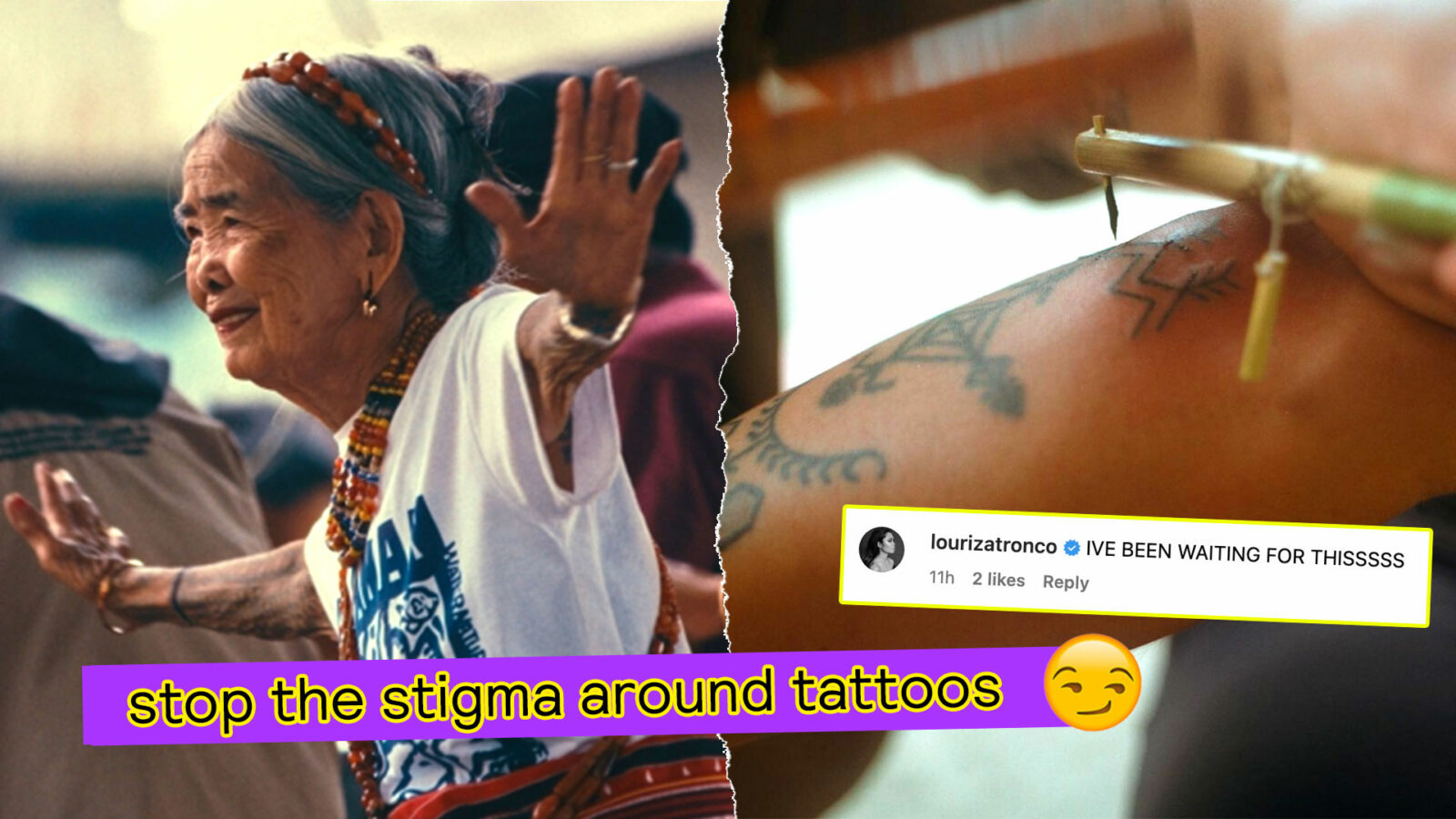Treasure of the Rice Terraces, a documentary by Filipino-Canadian Kent Donguines, aims to offer a deeper understanding and appreciation of the age-old practice of Filipino tattooing.
Despite the growing popularity of tattooing as a form of self-expression and art, it is still stigmatized in many parts of the world today. In some societies including the Philippines, tattoos are still associated with criminality, rebellion, or deviance from traditional norms. Tattooed individuals may even face discrimination in various aspects of life. This stigmatization, global impact, and the rich history and culture of traditional Filipino tattooing is at the core of Filipino-Canadian filmmaker Kent Donguines’s documentary, Treasure of the Rice Terraces, which seeks to offer a fresh perspective and inspire a deeper understanding and appreciation of the timeless art form.
Related: This Filipino Movie About Real-Life Catfishing Is Making Waves In International Film Festivals
TATTOOING AS A POLITICAL ACT
In his journey of self-discovery, Filipino-Canadian filmmaker Kent Donguines traces his native roots through the lens of the Philippines’ tattoo culture. Donguines explores the old practice of tattooing and its evolution from becoming once banned and tabooed in the archipelago to now becoming a popular form of body art that carries with it a sense of pride and cultural belonging amongst the Filipinos around the world.
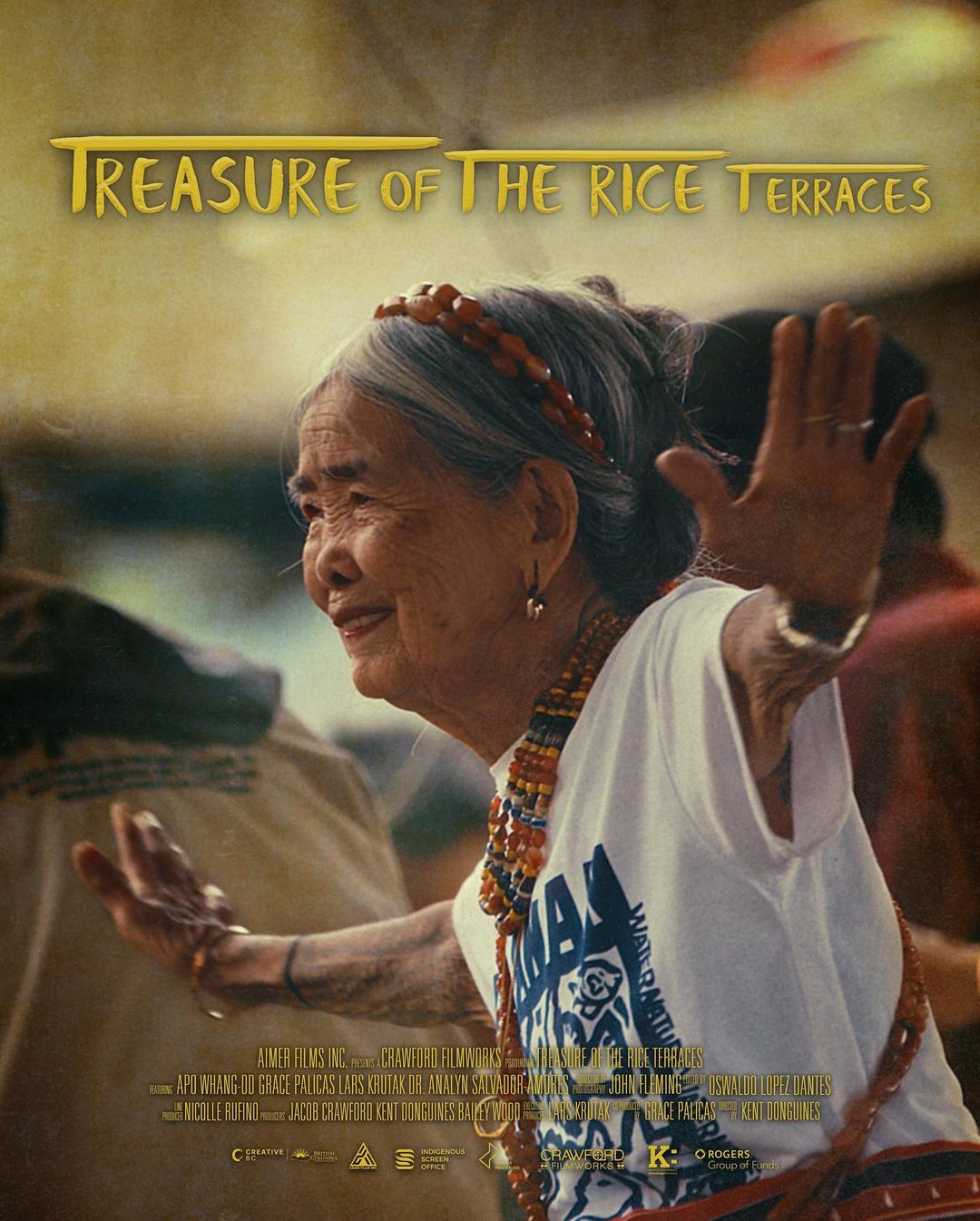
“As a first-generation Filipino-Canadian, I understand the importance of identity and belonging, and the desire to reconnect with one’s roots,” says Donguines in a press release. “Growing up, tattoos were discouraged in my family, but as I became independent, I found a love for the art form and discovered deeper personal meaning behind each tattoo. I now feel secure in my identity as a Filipino because I get to carry my culture with me wherever I go.”
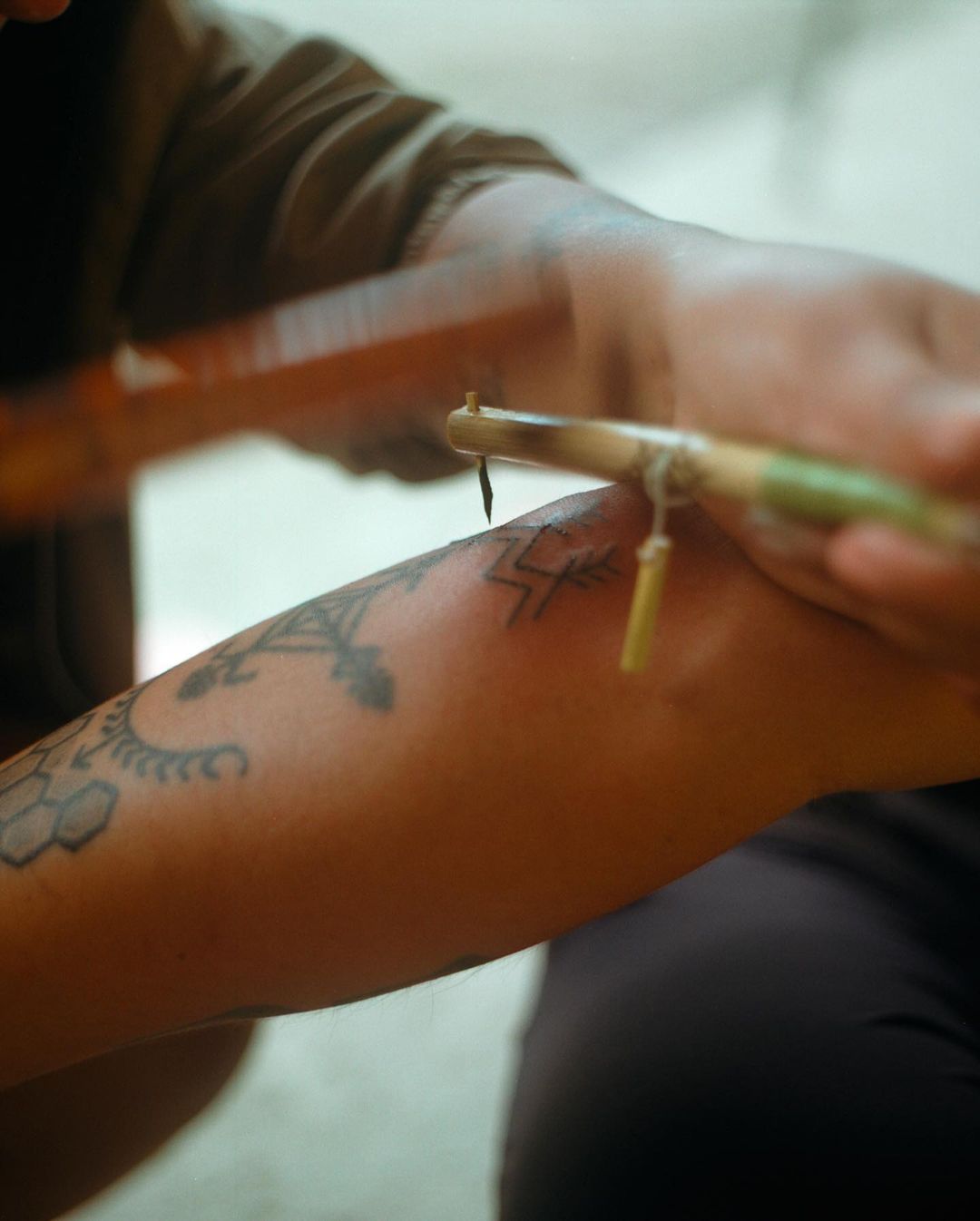
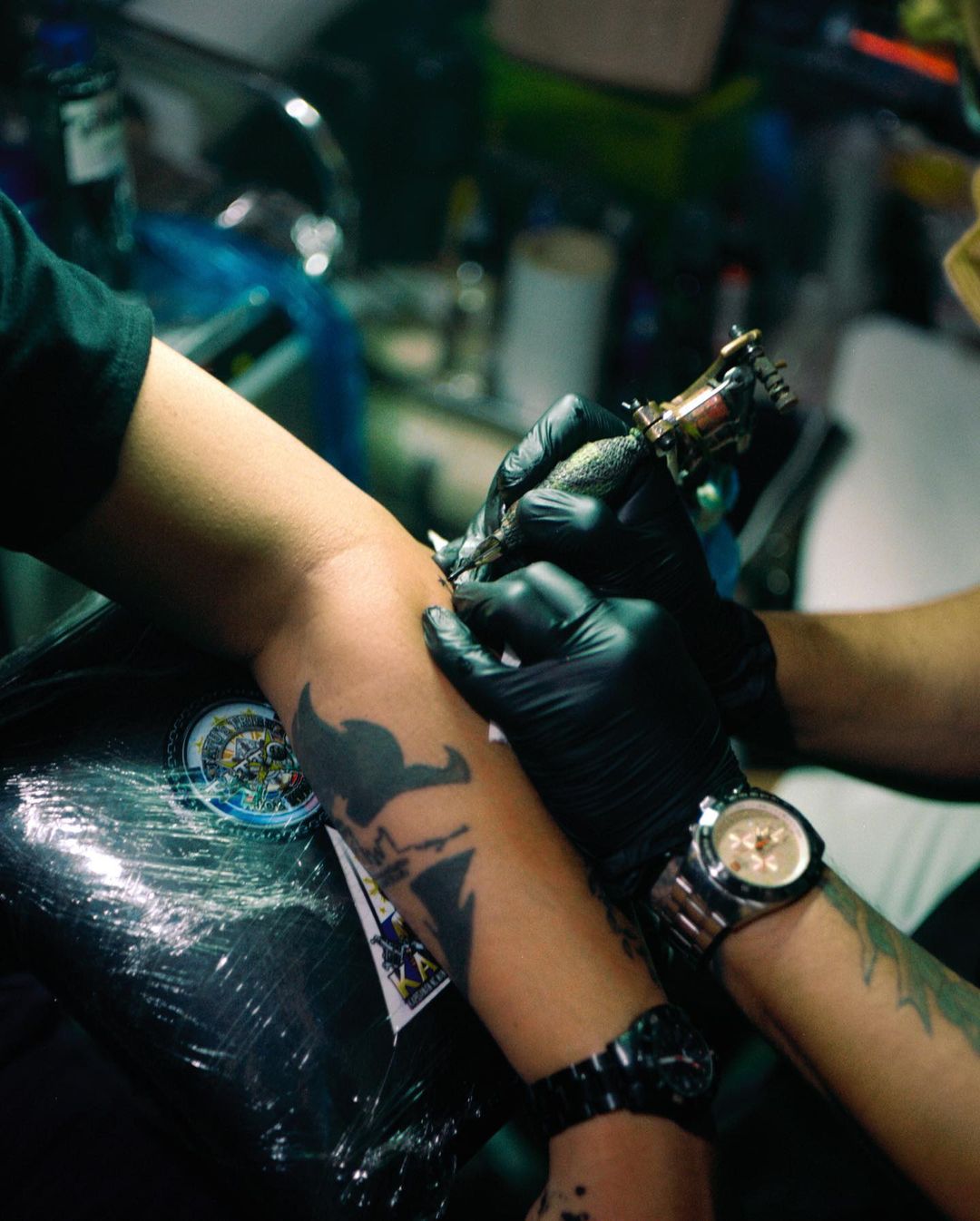
This complex pursuit of identity and meaning is what made Donguines to travel to Buscalan, a secluded community in the Cordilleras that has been the haunt of tattoo enthusiasts from around the globe, and learn firsthand about the history and symbolism of the Kalinga tattoo from the legendary mambabatok herself, Apo Whang-Od. In the doc’s five-minute teaser, the 106-year-old cultural heroine, who recently made history as the oldest cover star of Vogue magazine, recounts her beginnings as a tattoo artist and how tattoos serve as an everlasting treasure that we can keep until death.
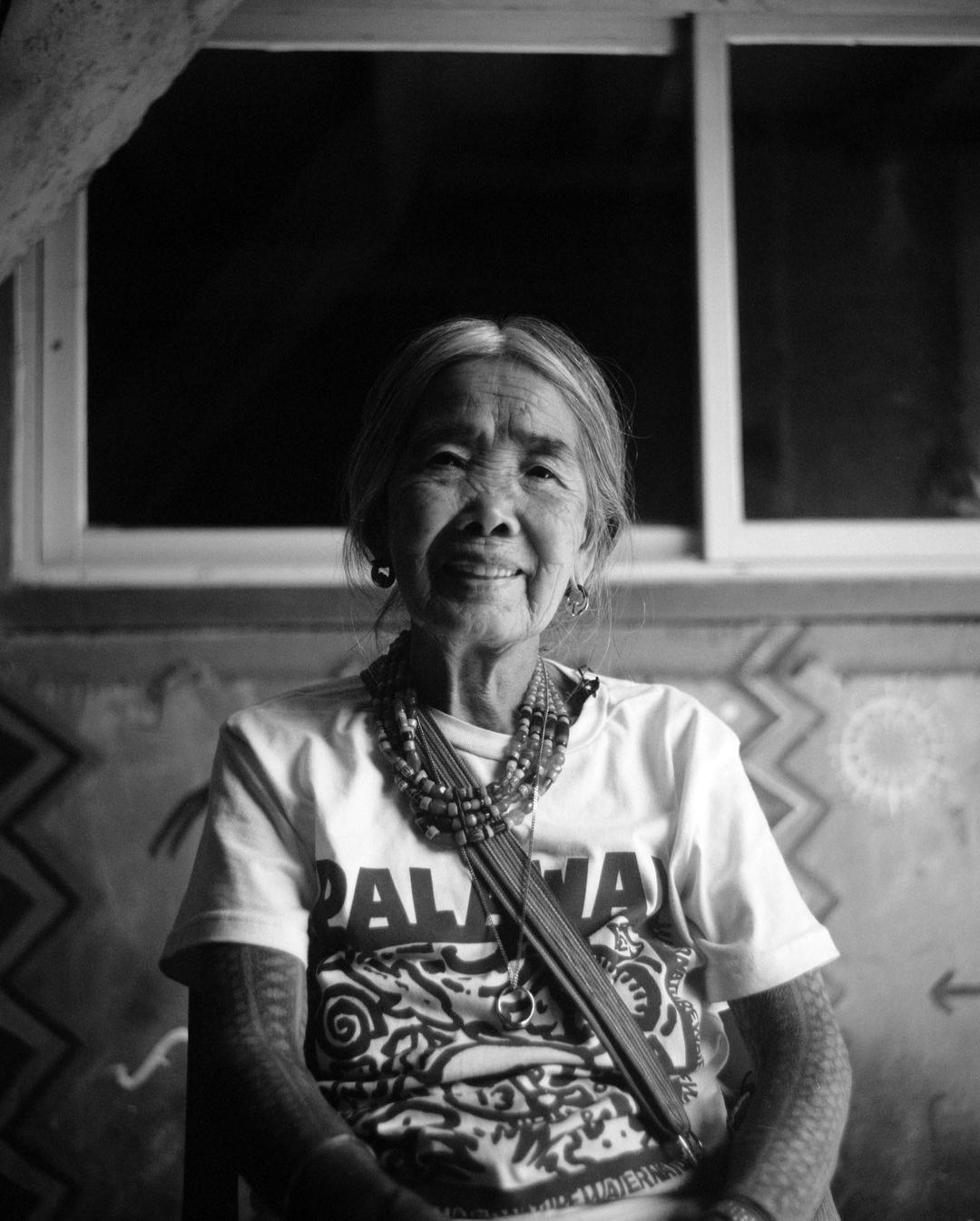
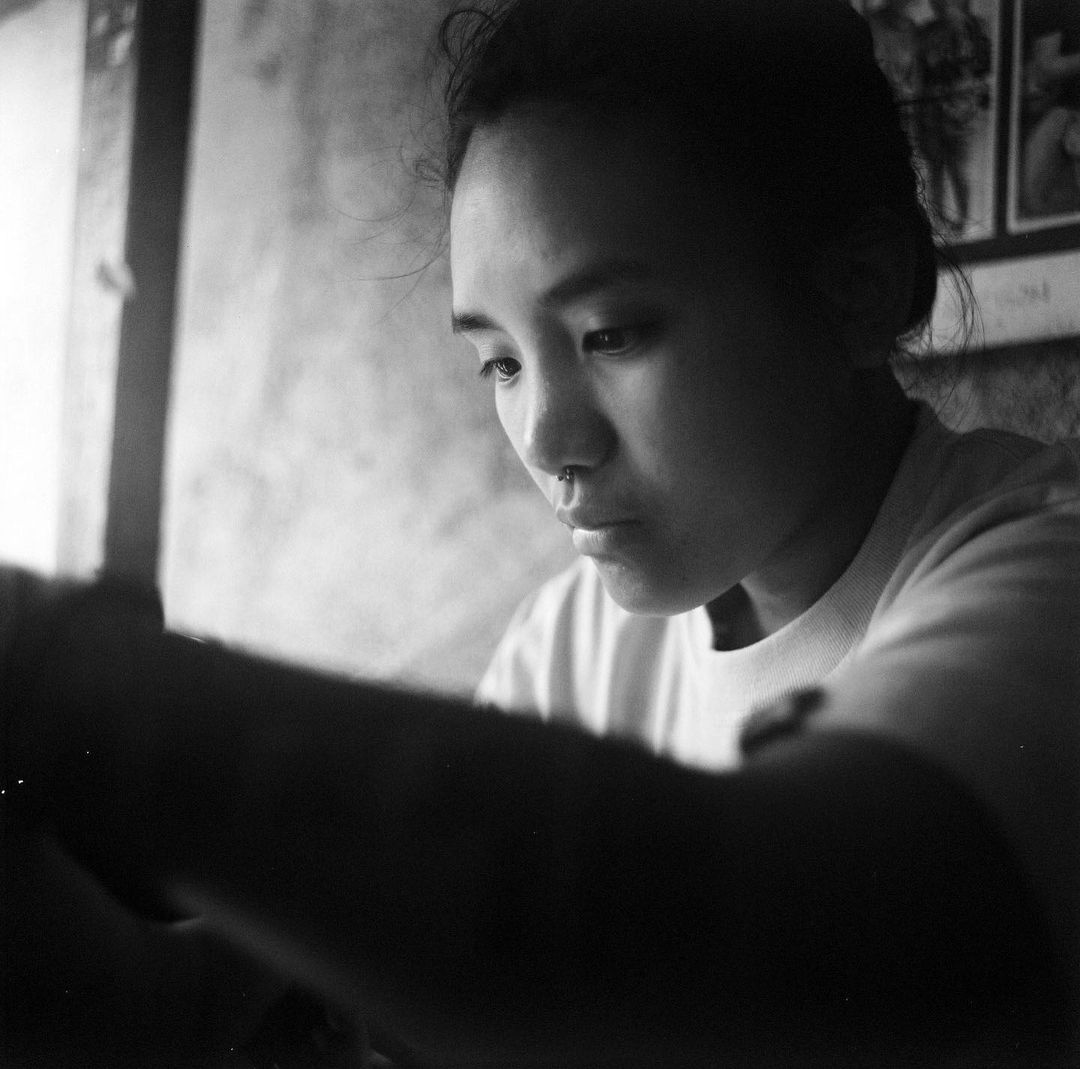
With Treasure of the Rice Terraces, Donguines also aims to foreground the importance of preserving the age-old tradition of Filipino tattooing and highlight the challenges encountered by those who are trying to do so. The documentary zeroes in further on the issues of cultural appropriation, stigmatization, and discrimination faced by tattooed individuals.
Grace Palicas, Whang-Od’s granddaughter, also lends her voice in the documentary as one of the torchbearers and inheritors of the pambabatok tradition. Palicas will also serve as one of Treasure’s co-producers. She will be joined by Jacob Crawford and Bailey Wood, and Filipina producers Bianca Balbuena (Nocebo, Oda sa Wala) and Patti Lapus (In My Mother’s Skin). Kent Donguines’s Aimer Films and Crawford Filmworks will back the film.
“The current Philippine administration is poised to let China take over the country. Never has the time been riper to interrogate our national identity,” says Lapus. “At this juncture in our history, [the rediscovery of cultural identity and national pride] has become more than a mere personal exploration, but an overt and proactive political act.”
Currently, Treasure of the Rice Terraces is being filmed in Manila and in the province of Kalinga. It is directed and co-written by Kent Donguines, who previously produced shorts such as Paco and This Ink Runs Deep, and Zlatina Pacheva. While the documentary is still under works, its relevant and important subject of the Filipino tattooing culture is sure to resonate with those seeking to reconnect with their Pinoy identity, not to mention give the proper spotlight on a revered cultural icon.
Continue Reading: Love Wins (And Hurts) In These Award-Winning Filipino Queer Films
